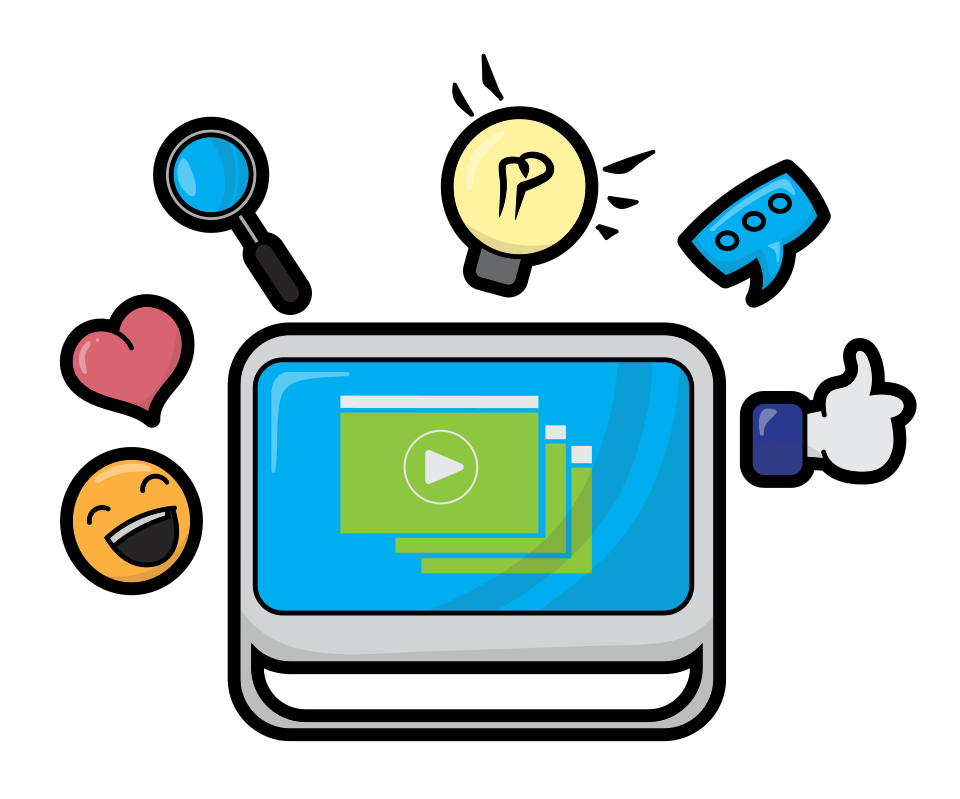Someone posted a photo of their grandpa on Reddit. This photo could be overlooked in the scheme of big news stories like the impeachment of President Trump or the military coup in Myanmar. In fact, it garnered over a thousand comments from strangers around the globe. What made the photo so special, you ask? It was the first selfie taken by the grandfather on his new phone. Not surprisingly, this image generated a collective “Aww…” across the internet. While the grandfather’s action tugs on our heartstrings, it left this author thinking about technology, tools created by science to address and solve the problems of mankind. Let’s take a moment to consider the relationship of different cohorts or groups of people who use technology.

From a sociological perspective, a person is either a digital native or a digital immigrant. Digital natives include those individuals who have always experienced a totally digital world. Examples range from infants whose parents used baby translator apps to interpret their newborn cries to classrooms where kindergarteners use iPads for their lessons. People who are digital natives have only ever known life with digital technology. They find communicating via text and working with computers second nature. Estimates are that 13 percent of the U.S. population are digital natives. Globally, a little over five percent of the world’s 7 billion people fall into that category.
On the other hand, digital immigrants are people who do not grow up with current technologies and have to learn and adapt to technology and social media later in life. The Grandpa on Reddit looks to be in his 80s and, as such, would have been born long before cellphone cameras were invented. The magnitude of the shift to technology that digital immigrants have experienced can’t be overstated. The list of 50 gadgets that cell phones have made obsolete includes not only cameras but also alarm clocks, flashlights, radios, handheld books, and paper maps, to name a few. Even though digital immigrants grew up without digital technology, they have adopted it into their lives.

Lest you think that the future will be picture perfect for digital immigrants if they continue to embrace the changing world, it is important to realize that sometimes the complexity of technology can be overwhelming or even deemed unnecessary by some. Not everyone has or wants a smartphone. Similarly, not everyone uses a computer or has a social media account. According to Pew Research, 67 percent of people over 65 go online. For those 80 and older, that number drops to 44 percent. Only 51 percent of seniors have broadband internet, and only 4 out of 10 have smartphones.
While you might not think it is critical for Grandma to surf the web or post a Tweet, in the era of COVID-19, having access to technology and knowing how to use it has turned out to be critical. Whether it is Zoom sessions to stay in touch with family or virtual doctor’s visits to stay healthy, being able to navigate technology can be lifesaving. Sadly, thousands of seniors have found it difficult, if not impossible, to navigate the online COVID-19 vaccination application portals. In this time of national crises, digital natives might need to lend a hand to help digital immigrants survive.
So, when you see selfies of other people’s grandfathers online, take a moment to think about the digital immigrants in your own life. Just don’t text them. Go old school . . . and give them a call.
Thompson is a co-owner of UITAC Publishing. UITAC’s mission is to provide high-quality, affordable, and socially responsible online course materials.
Images used in this blog:
- “Young positive lady showing photos on smartphone to senior man while sitting at laptop” by Andrea Piacquadio is licensed on Pexels. This image has not been altered.
- “Positive senior businessman typing on laptop while holding money in hand” by Andrea Piacquadio is licensed by Pexels. This image has not been altered.




